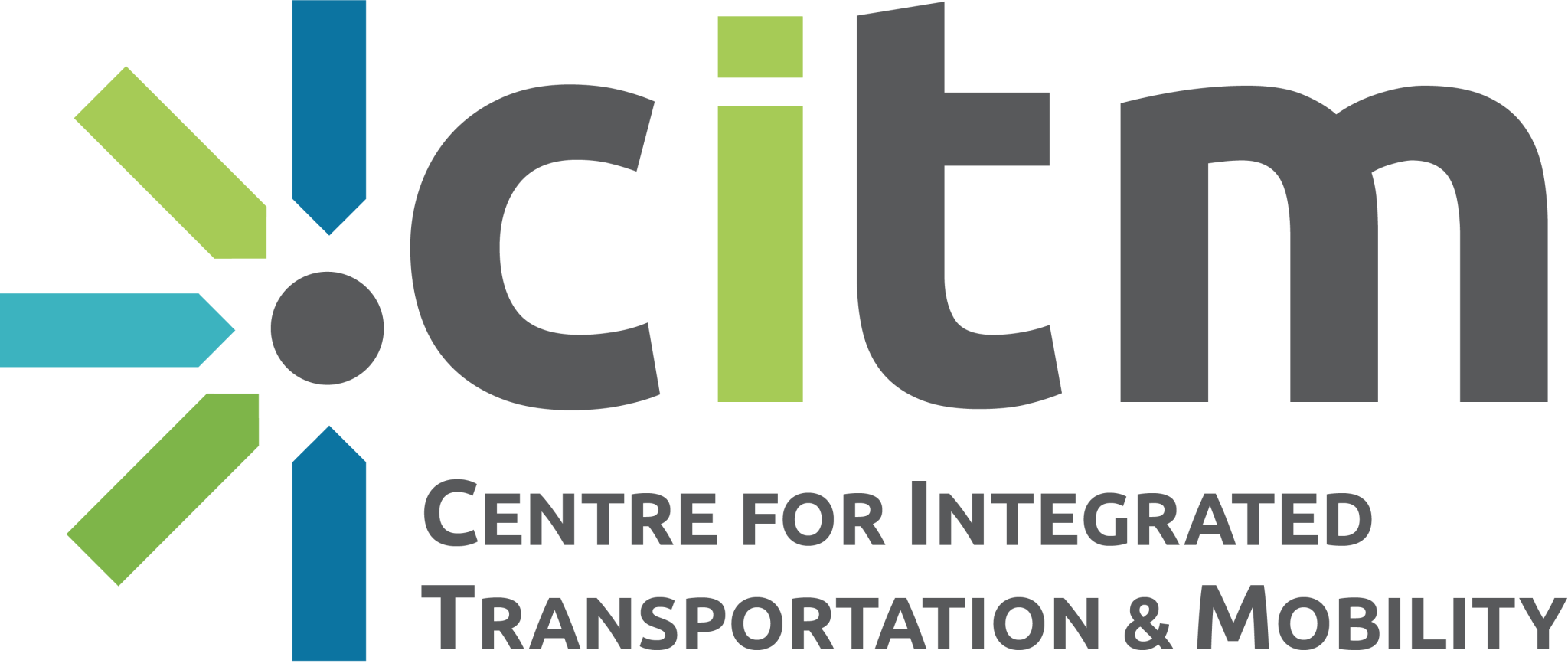Original Article, F. Santoni de Sio, Ethics and Information Technology, September 14, 2021
The paper has two goals. The first is presenting the main results of the recent report Ethics of Connected and Automated Vehicles: recommendations on road safety, privacy, fairness, explainability and responsibility written by the Horizon 2020 European Commission Expert Group to advise on specific ethical issues raised by driverless mobility, of which the author of this paper has been member and rapporteur. The second is presenting some broader ethical and philosophical implications of these recommendations, and using these to contribute to the establishment of Ethics of Transportation as an independent branch of applied ethics. The recent debate on the ethics of Connected and Automated Vehicles (CAVs) presents a paradox and an opportunity. The paradox is the presence of a flourishing debate on the ethics of one very specific transportation technology without ethics of transportation being in itself a well-established academic discipline. The opportunity is that now that a spotlight has been switched on the ethical dimensions of CAVs it may be easier to establish a broader debate on ethics of transportation. While the 20 recommendations of the EU report are grouped in three macro-areas: road safety, data ethics, and responsibility, in this paper they will be grouped according to eight philosophical themes: Responsible Innovation, road justice, road safety, freedom, human control, privacy, data fairness, responsibility. These are proposed as the first topics for a new ethics of transportation.








